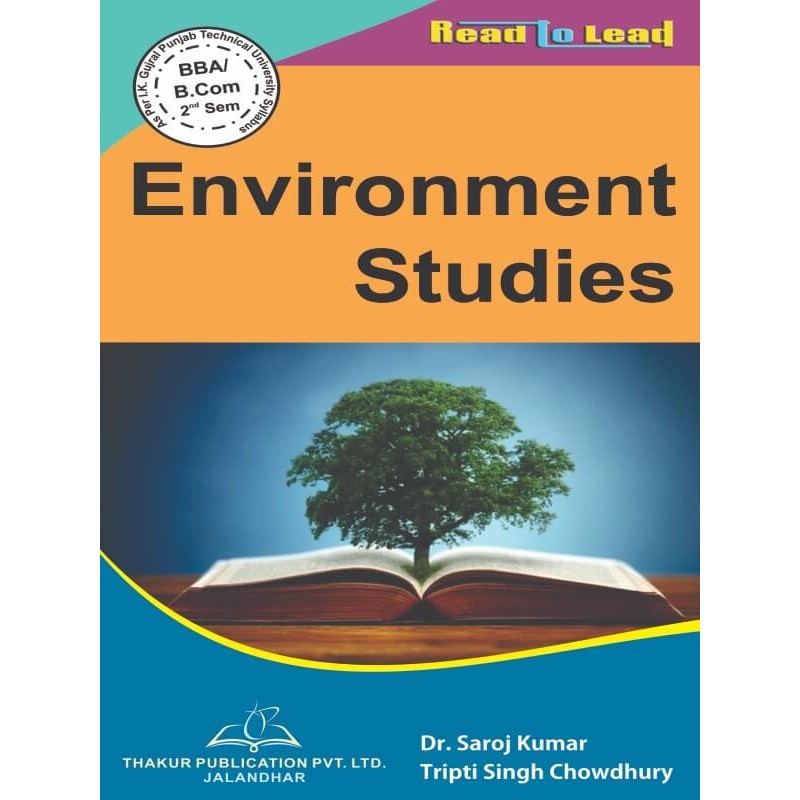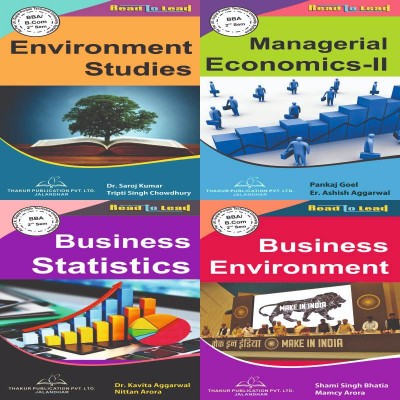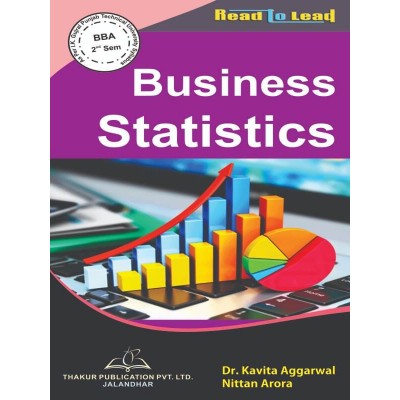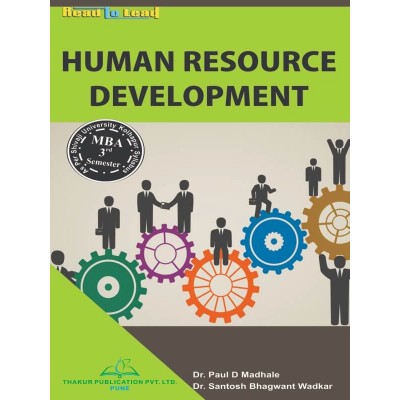Categories
- Pharmacy
-
Nursing
-
MBA
-
BBA
- U.P. State University
- Veer Bahadur Singh Purvanchal University, Jaunpur
- Chaudhary Charan Singh University, Meerut
- Dr. Bhimrao Ambedkar University, Agra
- Chhatrapati Shahu Ji Maharaj University, Kanpur
- Mahatma Jyotiba Phule Rohilkhand University, Bareilly
- Mahatma Gandhi Kashi Vidyapith, Varanasi
- Dr. Ram Manohar Lohia Avadh University, Ayodhya
- Deen Dayal Upadhyaya Gorakhpur University
- Prof. Rajendra Singh (Rajju Bhaiya) University, Prayagraj
-
BCA
- UP State Universities
- University of Pune
- I.K.Gujral Punjab Technical University (PTU)
- University of Rajasthan
- Rashtrasant Tukadoji Maharaj Nagpur University
- Uttar Pradesh NEP2020
- University of Rajasthan ,Jaipur (According to NEP-2020)
- BCCA (B. Com - Computer Science)
- Haryana
- West Bengal
- BBA (CA)
- PUNE BCA (Sci,Commerce)/B.Com (CA)
- Dr. A. P. J. Abdul Kalam Technical University, Lucknow ( AKTU )
- MCA
-
B Ed
- Lucknow University B.Ed Books
- Chaudhary Charan Singh University/Maa Shakambhari University, Saharanpur
- Dr Bhim Rao Ambedkar University, Agra
- Mahatma Gandhi Kashi Vidyapeeth, Varanasi
- Chhatrapati Shahu Ji Maharaj University
- Prof. Rajendra Singh (Rajju Bhaiya) University, Prayagraj (PRSU)
- Mahatma Jyotiba Phule Rohilkhand University(Mjpru), Bareilly
- Dr. Ram Manohar Lohia Avadh University, Ayodhya
- Bundelkhand University, Jhansi
- B.A,B.ed
- B.Sc, B.ed
- Deen Dayal Upadhyaya Gorakhpur University
- Veer Bahadur Purvanchal University (VBPU)
- Maharaja Suhel Dev State University ,Azamgarh (MSDSU)
- Raja Mahendra Pratap Singh State University, Aligarh (RMPSSU)
- Barkatullah Vishwavidyalaya (Bhopal)
- Jiwaji University (Gwalior)
- Vikram University (Ujjain)
- Dr. Harisingh Gour University (Sagar)
- Devi Ahilya Vishwavidyalaya (Indore)
- Rani Durgavati Vishwavidyalaya (Jabalpur)
- Awadhesh Pratap Singh University (Rewa)
- Maharaja Chhatrasal Bundelkhand University (Chhatarpur)
- D. EL. ED
- TET
-
B Com
-
B Sc
- B.Sc. U.P. State Universities Common Syllabus NEP
- Veer Bahadur Singh Purvanchal University, Jaunpur
- University of Lucknow
- Chaudhary Charan Singh University, Meerut
- Madhya Pradesh
- Chhatrapati Shahu Ji Maharaj University, Kanpur
- Dr. Bhimrao Ambedkar University, Agra
- Mahatma Gandhi Kashi Vidyapith, Varanasi
- DEEN DAYAL UPADHYAYA GORAKHPUR UNIVERSITY
- Prof. Rajendra Singh (Rajju Bhaiya) University, Prayagraj
- Dr. Ram Manohar Lohia Avadh University, Ayodhya
- Mahatma Jyotiba Phule Rohilkhand University, Bareilly
- Uttarakhand State Universities
- B.Sc. Bihar Universities Common Syllabus NEP
- University of Rajasthan (Jaipur)
- Haryana
-
Bachelor of Arts [B.A.]
- B.A. Of U.P. State Universities Common Syllabus NEP
- Veer Bahadur Singh Purvanchal University, Jaunpur
- University of Lucknow
- Chaudhary Charan Singh University, Meerut
- Chhatrapati Shahu Ji Maharaj University, Kanpur
- Dr. Bhimrao Ambedkar University, Agra
- Mahatma Gandhi Kashi Vidyapith, Varanasi
- Deen Dayal Upadhyaya Gorakhpur University
- Prof. Rajendra Singh (Rajju Bhaiya) University, Prayagraj
- Dr. Ram Manohar Lohia Avadh University, Ayodhya
- Mahatma Jyotiba Phule Rohilkhand University, Bareilly
- Madhya Pradesh
- Uttarakhand
- Bihar
- University of Rajasthan (Jaipur Syllabus as Per NEP2020)
- Haryana NEP-2020
- B Tech
- LLB
- SWA Education
Environment Studies

ISBN- 978-93-88280-94-5
AUTHORS- Dr. Saroj Kumar, Tripti Singh Chowdhury
₹220.00
Tax excluded
ISBN- 978-93-88280-94-5
AUTHORS- Dr. Saroj Kumar, Tripti Singh Chowdhury
Syllabus
EVS102-18 ENVIRONMENT STUDIES
Unit 1: Introduction to environmental studies
• Multidisciplinary Nature of Environmental Studies;
• Scope and Importance; Concept of Sustainability and Sustainable Development.
Unit 2: Ecosystems (2 lectures)
• What is an Ecosystem? Structure and Function of Ecosystem; Energy flow in an Ecosystem: Food Chains, Food webs and Ecological Succession. Case studies of the following ecosystems:
a) Forest Ecosystem
b) Grassland Ecosystem
c) Desert Ecosystem
d) Aquatic Ecosystems (Ponds, Streams, Lakes, Rivers, Oceans, Estuaries)
Unit 3: Natural Resources: Renewable and Non-‐Renewable Resources
• Land Resources and Land use Change; Land Degradation, Soil Erosion and Desertification.
• Deforestation: Causes and Impacts Due to Mining, Dam building on Environment, Forests, Biodiversity and Tribal Populations.
• Water: Use and over-‐Exploitation of surface and Ground Water, Floods, Droughts, Conflicts over Water (International & Inter-‐State).
• Energy Resources: Renewable and Non-Renewable Energy Sources, use of Alternate Energy Sources, Growing Energy Needs, Case Studies.
Unit 4: Biodiversity and Conservation (8 lectures)
• Levels of Biological Diversity: Genetic, Species and Ecosystem Diversity; Biogeographic zones of India; Biodiversity Patterns and Global Biodiversity hot spots
• India as a mega-‐biodiversity nation; Endangered and Endemic Species of India
• Threats to Biodiversity: Habitat loss, Poaching of Wildlife, Man-‐Wildlife Conflicts, Biological Invasions; Conservation of Biodiversity: In-‐situ and Ex-‐situ Conservation of Biodiversity.
• Ecosystem and Biodiversity Services: Ecological, Economic, Social, Ethical, Aesthetic and Informational Value.
Unit 5: Environmental Pollution (8 lectures)
• Environmental Pollution: Types, Causes, Effects and Controls; Air, water, Soil and Noise Pollution
• Nuclear Hazards and Human Health Risks
• Solid waste Management: Control Measures of urban and industrial waste.
Unit 6: Environmental Policies & Practices (8 lectures)
• Climate change, global warming, ozone layer depletion, acid rain and impacts on human communities and agriculture
• Environment Laws: Environment Protection Act; Air (Prevention & Control of Pollution) Act; Water (Prevention and control of Pollution) Act; Wildlife Protection Act; Forest Conservation Act. International Agreements: Montreal and Kyoto protocols and Convention on Biological Diversity (CBD).
• Nature Reserves, Tribal Populations and Rights, and Human Wildlife Conflicts in Indian Context.
Unit 7: Human Communities and the Environment (7 lectures)
• Human Population Growth: Impacts on Environment, Human Health and Welfare.
• Resettlement and Rehabilitation of Project Affected Persons; Case studies.
• Disaster Management: Floods, Earthquake, Cyclones and Landslides.
• Environmental Movements: Chipko, Silent Valley, Bishnois of Rajasthan.
• Environmental Ethics: Role of Indian and other Religions and cultures in environmental Conservation.
• Environmental Communication and Public Awareness, Case Studies (e.g., CNG Vehicles in Delhi).
PTU2022/ BBA/B.COM/2/04
99 Items
New
5 other products in the same category:
Comments (0)
No customer reviews for the moment.
Your review appreciation cannot be sent
Report comment
Are you sure that you want to report this comment?
Report sent
Your report has been submitted and will be considered by a moderator.
Your report cannot be sent
Write your review
Review sent
Your comment has been submitted and will be available once approved by a moderator.
Your review cannot be sent
Viewed products
Customers who bought this product also bought:
Fundamental Of Business...
Price
₹125.00
Dr. Shailesh Omprakash Kedia and Prof. Mukesh Patil.
ISBN-978-93-86232-11-3
Environmental Sciences Book...
Price
₹130.00
Click below to Buy E-Book Edition:
₹ 75 E-BOOK GOOGLE PLAY
Dr. M Surendra Kumar & Dr. Virendra Kumar ,Dr. Shivsanker...
Financial Management...
Price
₹230.00
AUTHORS: Dr. P. Dhanalakshmi, Helan Rita J
ISBN : 978-93-6180-495-3




















